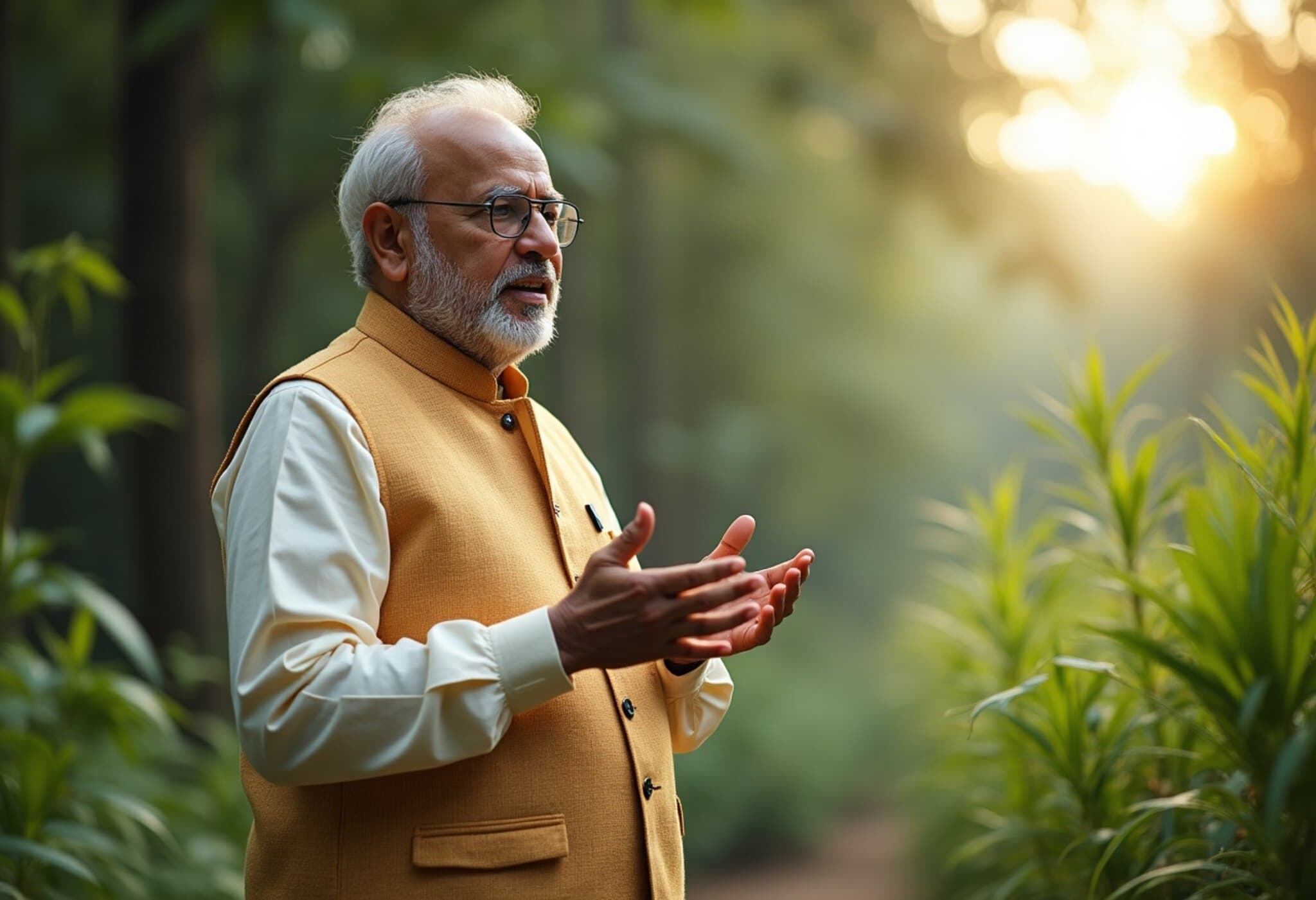Global Landscape: Women Leading the Wealth Creation Charge in 2025
In an era where entrepreneurship is reshaping global economies, women have emerged as formidable leaders in business innovation and wealth creation. As per the Global Entrepreneurship Monitor, over 658 million women worldwide helm their own ventures, marking a significant surge in female-led businesses.
Forbes’ latest 2025 rankings underscore this dynamic shift, reporting that the combined net worth of the world’s richest self-made women has soared to an impressive $276 billion, a staggering increase of $158 billion since 2017. This reflects not just their individual success stories but a broader transformation in the global business ecosystem.
Meet the Top 10 Richest Self-Made Women Globally in 2025
Topping the list is Switzerland’s Rafaela Aponte-Diamant, who co-founded the Mediterranean Shipping Company (MSC), the largest shipping carrier on the planet. Her wealth is estimated at a remarkable $38.8 billion, highlighting the lucrative potential of global shipping logistics.
Trailing behind is American entrepreneur Diane Hendricks, whose ABC Supply has become a cornerstone in roofing and building material distribution, earning her a net worth of $22.3 billion. Their ventures epitomize industries traditionally dominated by men, yet these women have dismantled those barriers with tenacity and vision.
Other Notables on the List
- Zhong Huijuan (China) – Pharmaceutical magnate with $15.6 billion, founder of Hansoh Pharmaceutical, whose innovative lung drug development earned her global recognition.
- Zhou Qunfei (Hong Kong) – Pioneering in tech through Lens Technology, specializing in smartphone screens, with $10 billion.
- Denise Coates (UK) – Disruptor in online gambling with Bet365, valued at $8.5 billion.
- Judy Faulkner (USA) – Healthcare software visionary behind Epic Systems, with a net worth of $7.8 billion.
- Others hail from electronics, software, agriculture, and entertainment sectors, reflecting diverse domains where female entrepreneurs excel.
Full Top 10 List:
| Rank | Name | Net Worth | Country | Industry | Company |
|---|---|---|---|---|---|
| 1 | Rafaela Aponte-Diamant | $38.8B | Switzerland | Shipping | MSC |
| 2 | Diane Hendricks | $22.3B | USA | Building Supplies | ABC Supply |
| 3 | Zhong Huijuan | $15.6B | China | Pharmaceuticals | Hansoh Pharmaceutical |
| 4 | Zhou Qunfei | $10B | Hong Kong | Tech/Smartphone Screens | Lens Technology |
| 5 | Denise Coates | $8.5B | UK | Online Gambling | Bet365 |
| 6 | Judy Faulkner | $7.8B | USA | Healthcare Software | Epic Systems |
| 7 | Wang Laichun | $7.2B | Hong Kong | Electronics Components | Luxshare-ICT |
| 8 | Marian Ilitch & family | $6.9B | USA | Food & Entertainment | Ilitch Holdings |
| 9 | Ling Tang | $6.6B | Canada | Marketing Software/Games | AppLovin |
| 10 | Lynda Resnick | $6.3B | USA | Agriculture | The Wonderful Company |
India’s Powerhouses: Falguni Nayar and Kiran Mazumdar-Shaw
Amidst this global tapestry, India has carved its own niche with two trailblazing entrepreneurs making waves. At #31 sits Falguni Nayar, who transitioned from a successful investment banker to the founder of Nykaa, one of India’s leading beauty product retailers. After taking Nykaa public in 2021, she became India's richest self-made female entrepreneur, symbolizing the growing strength of the Indian consumer market.
Close behind, at #32, is the indomitable Kiran Mazumdar-Shaw, founder of Biocon, a biopharmaceutical titan established in 1978. Her pioneering work, especially in affordable healthcare solutions, has earned her a net worth of $3.3 billion and respect as a torchbearer for Indian innovation in life sciences.
Why Their Stories Matter
The rise of Nayar and Mazumdar-Shaw underlines India’s expanding footprint in sectors like e-commerce and biotechnology. Their journeys — from overcoming gendered challenges to disrupting established industries — inspire countless aspiring entrepreneurs, especially women, across the region.
Broader Reflections and Underrepresented Narratives
While the list spans 13 countries across four continents, notably absent are women from Africa and South America, raising questions about global economic inequalities and barriers women face in these regions. This gap warrants deeper policy analysis and targeted initiatives to empower female entrepreneurship beyond traditional strongholds.
Furthermore, the industries represented predominantly lean towards tech, pharmaceuticals, and consumer goods, mirroring global demand shifts but also highlighting the need for inclusion in sectors like renewable energy, manufacturing, and finance.
Expert Insight
From a policy perspective, these rankings emphasize the importance of creating enabling environments—through access to capital, mentorship, and regulatory support—that can nurture women-led enterprises worldwide. The U.S. and India, with their growing entrepreneur-friendly ecosystems, demonstrate the dividends of such frameworks.
Concluding Thoughts
The 2025 Forbes list not only celebrates the astounding achievements of these women but also invites a nuanced conversation about the pathways and hurdles for women entrepreneurs globally. Recognizing and amplifying these success stories help pave the way for more inclusive and diverse economic growth.
Editor’s Note: This updated ranking spotlights transformative women reshaping global industries. However, it also challenges us to explore why entire continents remain unrepresented and what systemic changes are needed to foster female entrepreneurship worldwide. As readers, reflecting on these disparities is crucial to understanding the future of equitable economic empowerment.



















